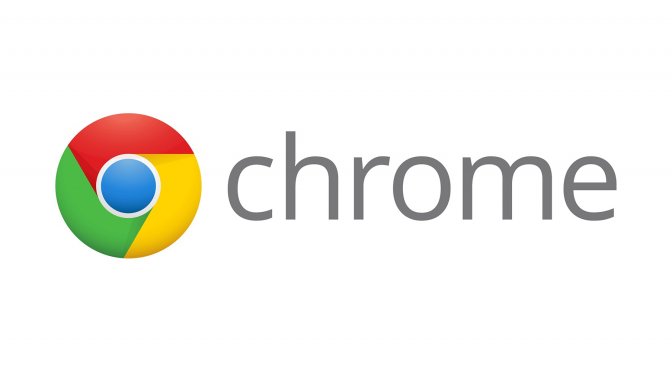Microsoft recently introduced the Windows segment heap memory improvement feature for the Edge browser to reduce high system memory requirements. The company announced major memory usage reductions in its Chromium-based Edge browser on Windows 10 2004 that appear to come from Project Reunion, a new API that attempts to unify Win32 and the Universal Windows Platform (UWP) apps.
You might be familiar with Microsoft’s move to adopt the Chromium browser source for its Edge browser, while dropping its own Edge HTML renderer.
Now, Google Chrome’s RAM/memory hog might soon be a thing of the past as Microsoft has introduced a new feature in Windows 10 that could reduce the Chrome browser’s memory usage significantly. According to a recent report from Windows Latest, the Windows 10 May 2020 update (20H1) has started rolling out to users and it introduces the Windows “segment heap memory improvements” that will reduce the overall memory usage of Win32 apps like Google Chrome.
Google’s Chrome browser has a reputation for being a memory hog. But with changes made in Windows 10 version 2004, and the May 2020 update, the Chrome browser will now use less of the system memory. Microsoft explains that the latest update for Windows 10 introduces a new “Segment Heap” value for developers, which is a modern heap implementation that will generally “reduce overall memory usage” on Windows 10 version 2004 or newer. The company has confirmed that it has already started using the new value in its Chromium-based Edge browser, with early tests showing a memory reduction of up to 27%.
Memory-use reduction value depends on each device, the device’s own configuration and usage, but whatever the exact reduction value is going to be, lower memory use should definitely help most end users. The new Microsoft Edge shares the same underlying technology as Google Chrome courtesy of the open-source “Chromium” project. Microsoft earlier this month began pushing the new Microsoft Edge to Windows 10 users via Windows Update.
But the improvements to memory usage coming to Edge and Chrome derive from Microsoft expanding the availability of Windows segment heap memory to Win32 applications. Google Chrome is still the most popular web browser used thus far, but it has been under controversy for its memory hogging nature.
Microsoft didn’t have that much success in getting developers of Windows apps to adopt UWP. While the “legacy Edge” was a UWP app, Google never made Chrome a UWP, as it was still sticking with Win32. The Project Reunion now rolls up the Win32 API with the UWP API. As noted by Microsoft the “segment heap” API was one of the APIs that was previously limited to UWP applications. But now under Project Reunion, it has become available to all developers of Win32 apps. That should allow other Win32 .exe applications to reduce memory usage too, including Mozilla Firefox and every other developer that builds upon Win32 applications.
Google’s programmer and Chromium member, Bruce Dawson, clarified that memory-use reductions are likely to be greatest on Windows 10 PCs with CPUs featuring more cores, but they still could save hundreds of megabytes (MB) in their web browser usage.
“Experiments with per-machine opting-in to the segment heap for chrome.exe suggests that this could save hundreds of MB in the browser and Network Service utility processes, among others, on some machines. Actual results will vary widely, with the greatest savings coming on many-core machines,” Dawson wrote in a patch for Chromium.
Adding a SegmentHeap entry to the chrome.exe manifest will tell recent-enough versions of Windows (20-04 and beyond) to opt chrome.exe into using the segment heap instead of the legacy heap, Dawson explained.
Hello, my name is NICK Richardson. I’m an avid PC and tech fan since the good old days of RIVA TNT2, and 3DFX interactive “Voodoo” gaming cards. I love playing mostly First-person shooters, and I’m a die-hard fan of this FPS genre, since the good ‘old Doom and Wolfenstein days.
MUSIC has always been my passion/roots, but I started gaming “casually” when I was young on Nvidia’s GeForce3 series of cards. I’m by no means an avid or a hardcore gamer though, but I just love stuff related to the PC, Games, and technology in general. I’ve been involved with many indie Metal bands worldwide, and have helped them promote their albums in record labels. I’m a very broad-minded down to earth guy. MUSIC is my inner expression, and soul.
Contact: Email

